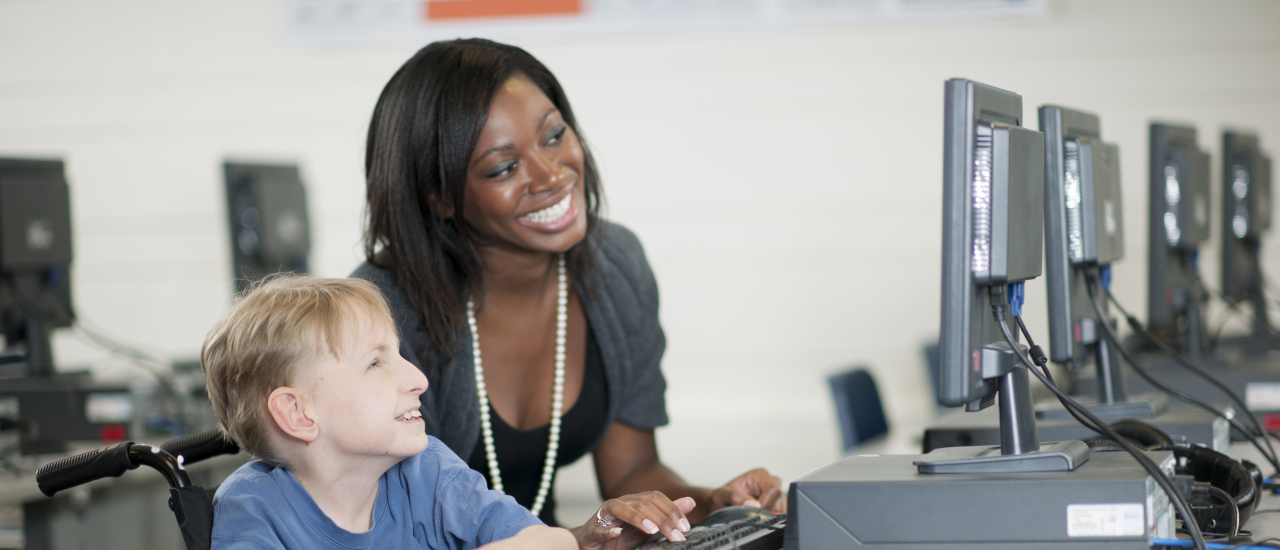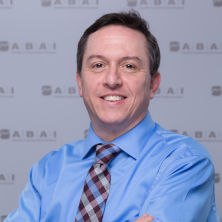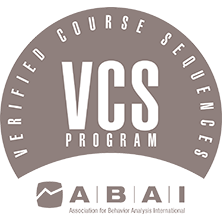Applied Behavior Analysis
The Certificate in Applied Behavior Analysis prepares candidates to work with individuals with developmental disabilities, behavioral disorders, and other disabilities in various settings including public and private special education settings, clinics, hospitals, and residential treatment facilities. It provides a balance between rigorous academics, scholarship, and clinical experience, preparing candidates to be practitioners and researchers in the field of Applied Behavior Analysis.
Program
The Certificate is fully aligned with the standards of the Behavior Analyst Certification
Board and prepares candidates for eligibility to sit for the board exam to become
a Board Certified Behavior Analyst® (BCBA®). Candidates for the program must have
- a minimum of a master's degree in education, psychology or applied behavior analysis or
- complete the certificate as a concentration in an existing graduate program in education or psychology such as the MA in Special Education.
BACB® Examination Pass-Rate Data
BACB® examination pass-rate data are not published for sequences with fewer than six first-time candidates in a single year or for sequences within their first four years of operation.





